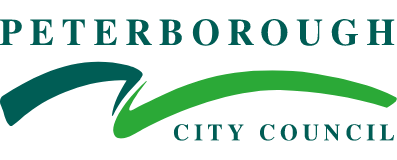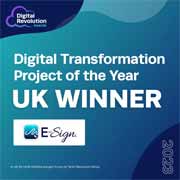The Legality of eSignatures in Chile
Explore the legality of electronic signatures in Chile and the laws and regulations that govern their use.

Trusted By
Are eSignatures Legally Binding in Chile?
Documents that can be signed electronically
The below categories/document types can be signed using an electronic signature in Chile:
- Education
- Insurance
- Healthcare
- Chattel paper
- Software licensing
- NDAs
- HR
- Banking
- Corporate resolutions
- Procurement
- Life sciences
- Consumer transactions
- Documents to be recorded
- Lending
- Real estate
Documents that may not be electronically signed
Whilst the above examples can be signed with a simple electronic signature (which still requires an Electronic Signature Certificate) there are some use cases where only an advanced electronic signature is permitted, such as:
- Public documents in electronic format
- Judicial mandate granted in electronic document
- Forms for the incorporation, modification, dissolution, or annotations of companies
There are also some use cases where the use of electronic signatures is restricted, including government filings and documents to be notarised.
Types of e-signature permitted in Chile
The Electronic Signature Law defines two types of e-signature: simple and advanced. An advanced electronic signature is certified by an accredited provider, created using means that ensure the signer has exclusive control, it is linked to and uniquely identifies the signer and any modification to the signature and document can be detected.
In Chile, both simple and advanced e-signatures require an Electronic Signature Certificate to confirm the link between the signer/holder of the certificate and the creation data of the electronic signature. The main difference between simple and advanced signatures is that advanced signatures are certified by an accredited provider, whereas a simple e-signature is any signature that is not advanced and so hasn’t been issued by an accredited provider.
Notable legality changes since 2020
None.
Publicly Accessible Links to Laws/Regulations Discussed
Disclaimer
The content provided on this website is meant for general informational use only and does not constitute legal advice. Legal regulations on this topic can evolve rapidly, so E-Sign does not ensure that the information presented here is always up-to-date or accurate. If you have particular legal concerns regarding any details on this site, it is recommended that you consult with a licensed attorney in your jurisdiction.
Last Updated 9th October 2024




























